

I don’t really use calendaring all that much, but when I do, I use org-mode agenda in emacs, which seems to do all the stuff that he’s complaining about. It does a lot more than I use.
That being said, I get that that’s probably not what he’s after if he’s not an emacs user.



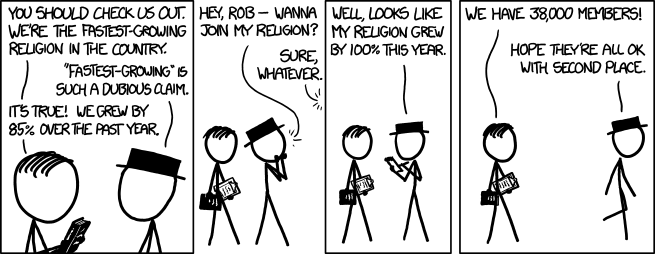






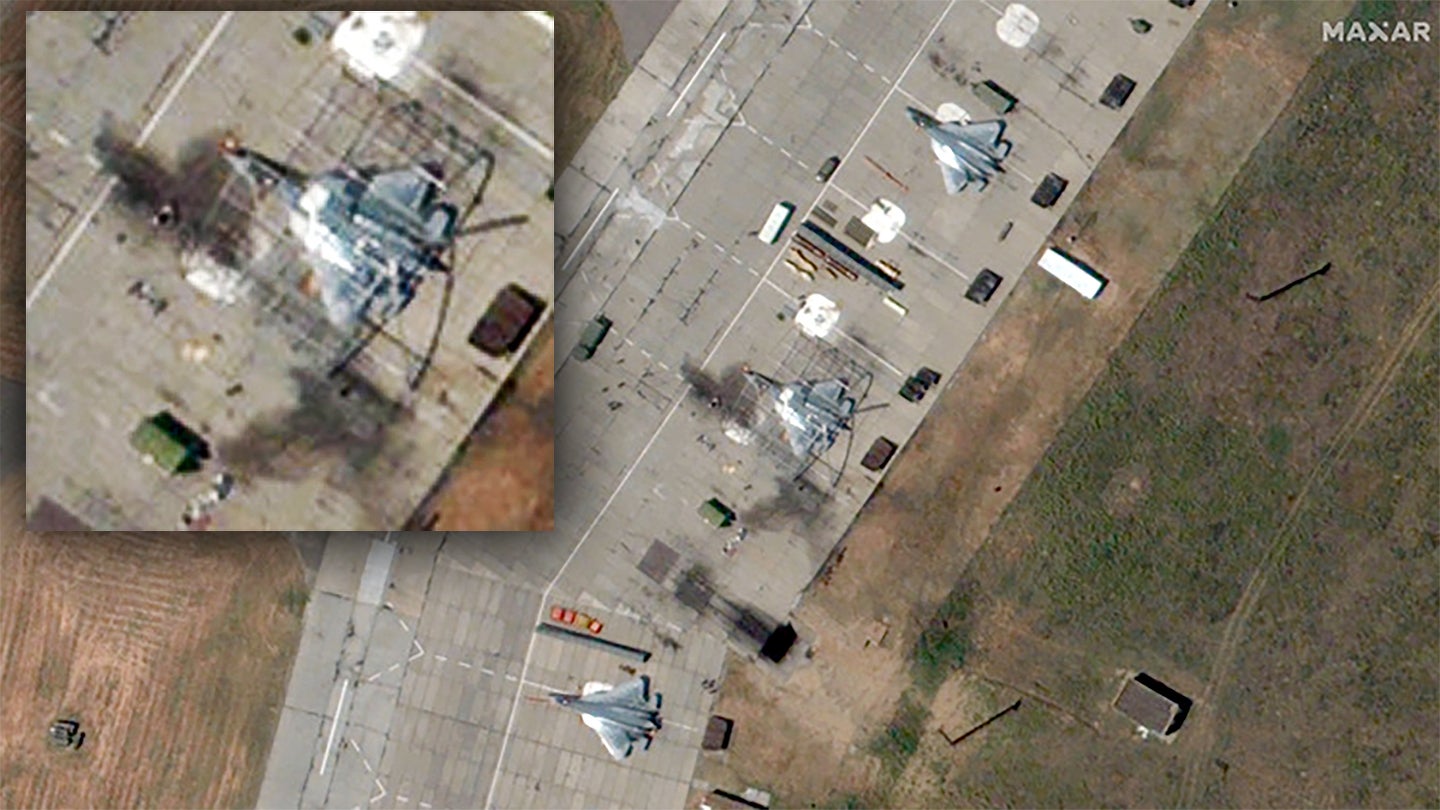






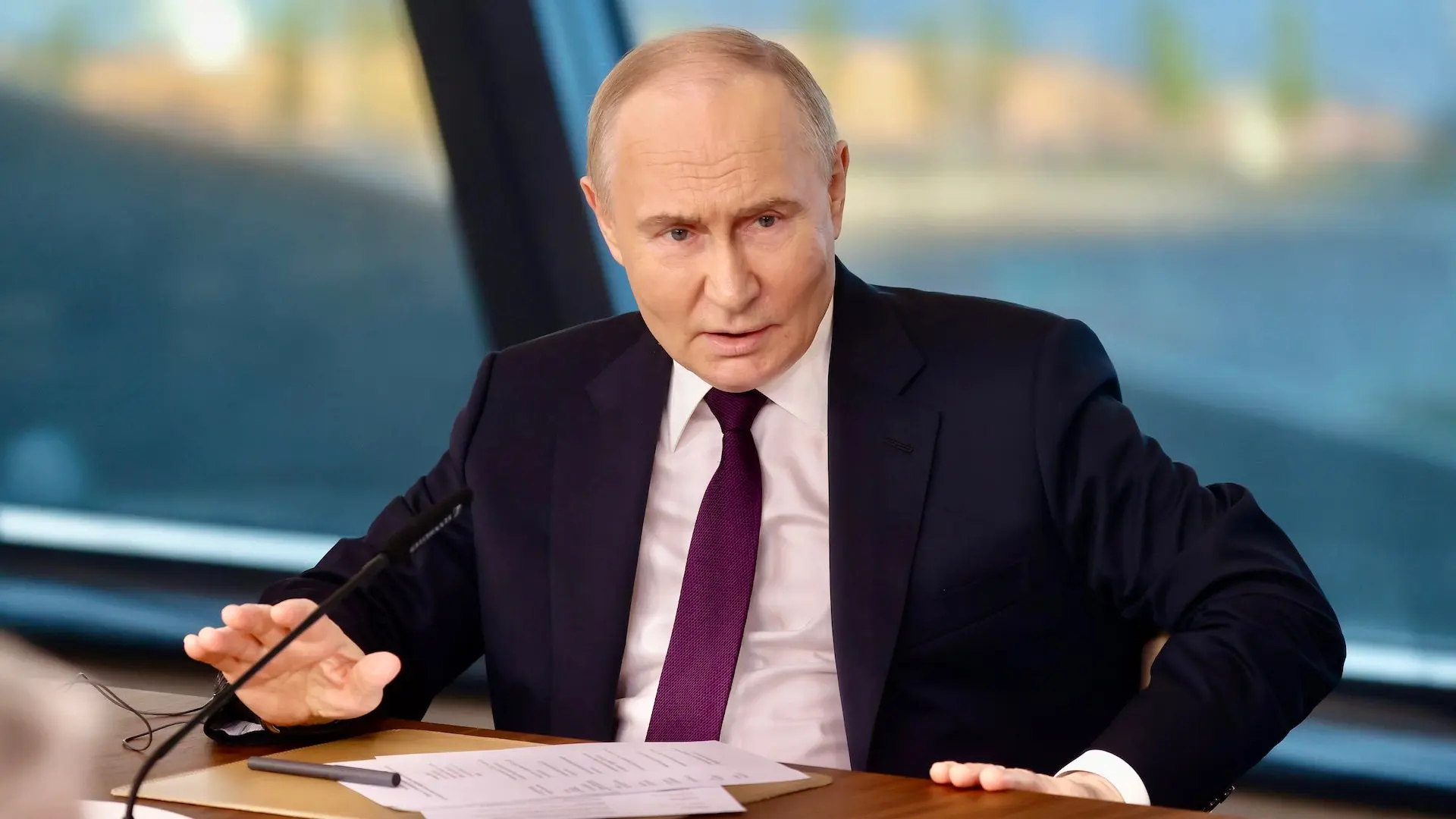




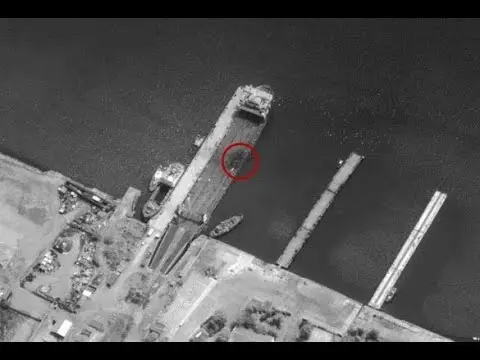
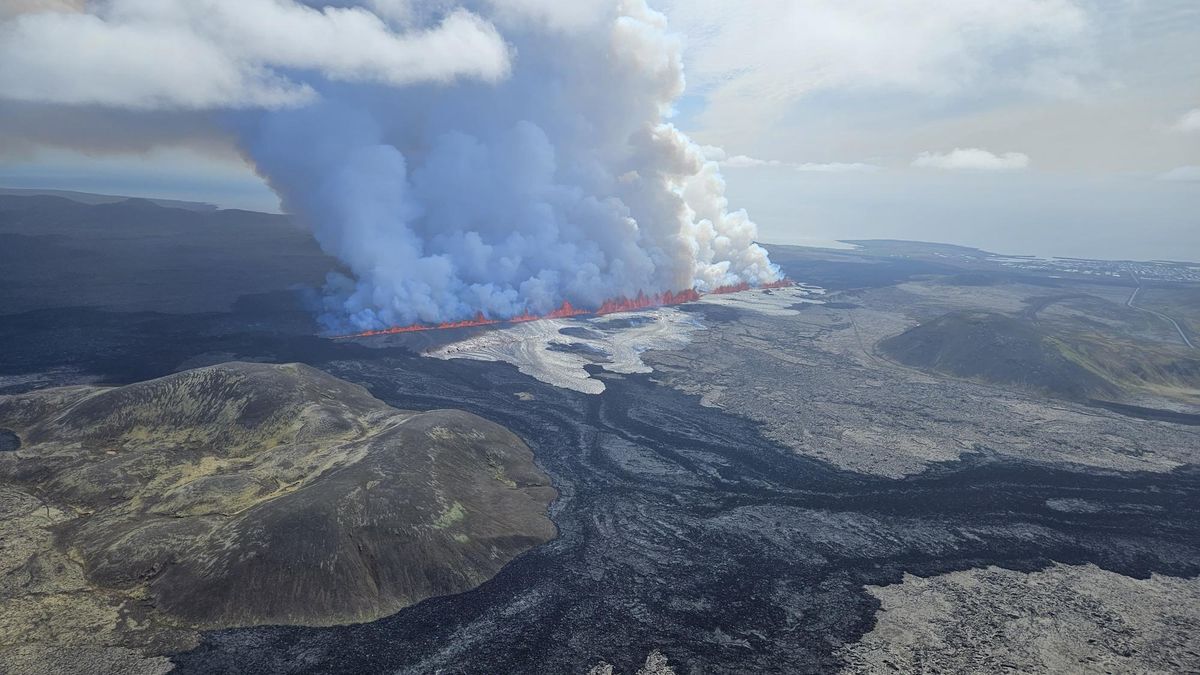

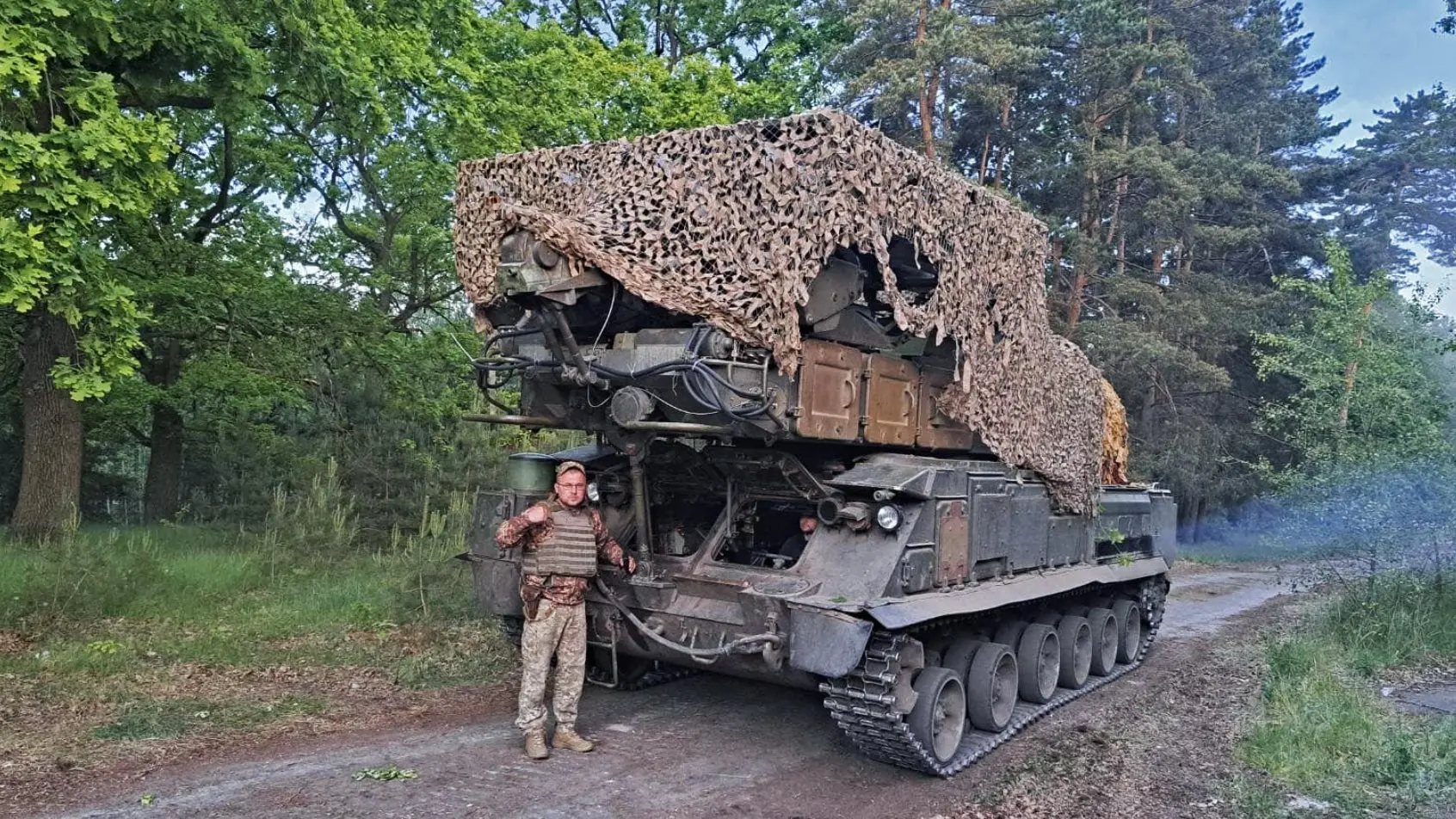
I mean, I think that the planning board is idiotic, but I don’t see why T-Mobile cares enough to fight it. If they don’t build it, the Wanaque is going to have crummy cell coverage. Let them have bad cell coverage and build a tower somewhere else. It’s not like this is the world’s only place that could use better cell coverage.